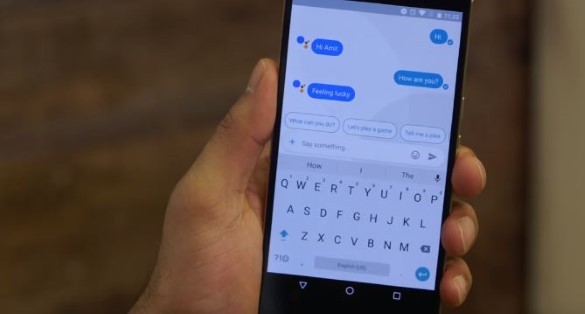One of the Google's top security engineers has finally come forward to ensure that he would push for end-to-end encryption in the future versions of the company's new chat app, Allo. The current version of the app does not support provide end encryption.
The commitment came from That Duong, who also co-leads Google's product security team. Google initially decided not to provide end-to-end encryption in Allo. This raised questions about the app security and the effectiveness of the artificial intelligence being used.
Doubts surrounding the new app triggered Duong to put up a post on his official blog. The post details on how he would push to include end-to-end encryption in the future versions of the app.
Allo first debuted with just an option to turn on the end-to-end encryption provided under "incognito mode." That is, messages sent through Allo are only encrypted when in transit or at rest. The company had to compromise with strong security so that the AI could work properly.
From the original post, Duong had silently deleted two paragraphs, TechCrunch has learned. The two paragraphs questioned why Allo by not supported with end-to-end encryption by default and how he is pushing for a system where users get an option to opt out of cleartext messaging.
However, the app users are hopeful that the deletion of text from the original blog post does not signify that Duong would stop supporting end-to-end encryption. Considering Google's habit to remain silent on what feature it has in store for consumers, maybe the company asked Duong to remove the portion of the blog post that reveals key details about Allo's future version.
Apart from the security concerns, Duong's blog post offers an interesting insight into Google's thinking behind the launch of Allo. According to Duong, it's not just the encryption that matters to the company the most, but the feature that makes messages disappear.
"Most people focus on end-to-end encryption, but I think the best privacy feature of Allo is disappearing messaging," Duong wrote in the blog post. "This is what users actually need when it comes to privacy. Snapchat is popular because they know exactly what users want."
The following video examines the key features of Allo:



























